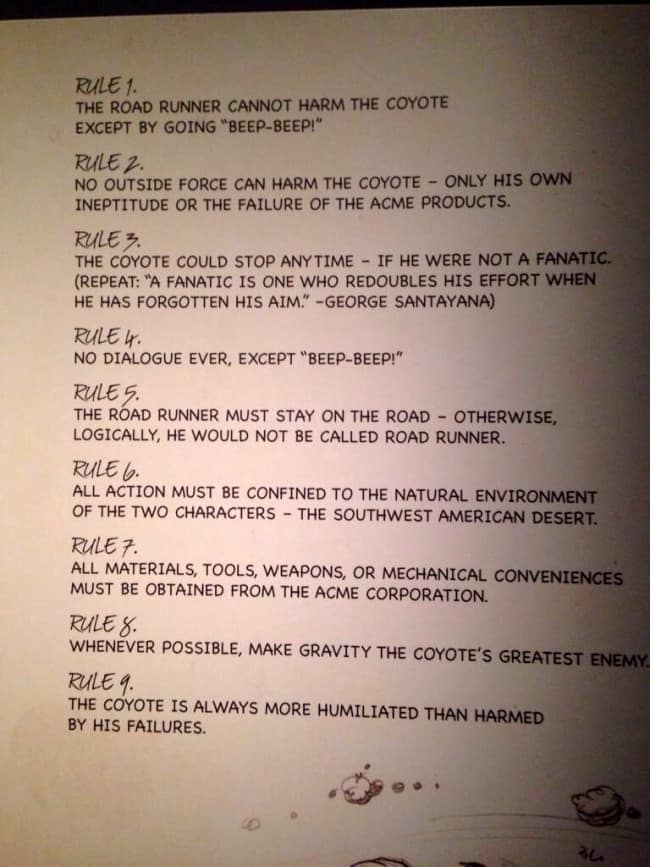Writing Thread! As writers, I don't think we spend enough time on the philosophy of story and character. It's hard, but it can be the light in the darkness when you're trying to figure out how your characters react to the problems that confront them. #amwriting #screenwriting 1/
Here is Raymond Chandler talking about the quintessential detective. "Down these mean streets a man must go who is not himself mean, who is neither tarnished nor afraid. He is the hero; he is everything. He must be a complete man and a common man and yet an unusual man." 2/
" He must be, to use a rather weathered phrase, a man of honor—by instinct, by inevitability, without thought of it, and certainly without saying it. He must be the best man in his world and a good enough man for any world." 3/
The quote continues and is worth seeking out. Consider the new Perry Mason. I am nearly certain someone on that staff is familiar with this quote, but even if not, they get it. This ethos is manifest in everything Perry Mason chooses to do. He tries not to care, but he does. 4/
That's laying the rail for elevated storytelling. By spending a little bit of time deciding philosophically and conceptually what you really believe about your characters, you're giving yourself the parameters of behavior for their actions. 5/
That's not to say characters can't deviate from these idealized goals, that's what makes for a dramatic story, but if you drill down to the absolute, authentic truth of a character, you can decide the kind of things you want to throw at them to make the story pop. 6/
This is by no means limited to detective fiction. Check out this awesome list of rules that sometimes makes the rounds on the internet about Chuck Jones' rules for making a great Wile E. Coyote/Roadrunner story. 7/
By dictating the philosophical framework of these characters, a template is established that's endlessly engaging. It's all about that Santayana quote, and we can see this play out over and over again in Wile E. Coyote (super genius) and Roadrunner's endless dance of death. 8/
How about science fiction? I think sometimes the stuff about Gene Roddenberry having rules against interpersonal conflict on Star Trek are overblown, as Spock and McCoy have plenty of conflict, but in the macro sense, this rule dictates a certain kind of storytelling. 9/
One of the things I love about Star Trek, especially TNG, is a group of expert professionals coming together to solve problems. Other Treks have played with this formula successfully, DS9 especially, but I think that's why TNG is the most comforting to watch over and over. 10/
This approach to storytelling started at a philosophical level. If you aren't spending time on squabbling characters and interpersonal melodrama, you're forced to tell stories according to a framework that feels different to the audience, even if they don't understand why. 11/
This is all a roundabout way of saying, when you sit down to write something, it is sometimes worth taking a moment to think of the cosmic-level ideas that help inform the shaping of the characters. It's not that different than creating a DnD character in some ways. 12/
In DnD, when you create a character, you're not only deciding their physical attributes, but you're deciding their core values, their ideals, their secrets, and their flaws. Do they run from battle? Does their religion demand they help the needy? 13/
During a game, it's always satisfying when someone acts according to their personal values even when the "game" might dictate a smarter course of action or a course of action that will potentially not get everyone killed. That's drama! 14/
Why do we do the things we do? Because we must. Just like Philip Marlowe must help the innocent. Just like Picard must find a diplomatic solution, if he can. Just like the Coyote must pursue the Roadrunner in spite of his humiliation and endless defeat. 14/
To use a personal example, in Detective Pikachu, @BenjiSamit and I decided the wonder of nature would inform everything we wrote. We didn't ask anyone to do this. We just decided. As a result, the Pokémon are written as both a natural part of life but also near miraculous. 15/
This felt in keeping with how I really do view animals and the natural world. An incredible gift that's all around us, that can be semi-understood, but that still contains incredible mystery and wonder. Anything that did not meet that criteria was generally removed. 16/
By spending time deciding the invisible physics of your story, you will enrich all aspects of what you're writing. Plots movements become natural, character choices inevitable, and deviations from those norms shocking and tense. 17/
I hope some of you found this helpful. I try not to be too pedantic about process, but I think this is something rarely discussed that can be so helpful! I will close with the end of the Chandler quote. 18/
"The story is this man’s adventure in search of a hidden truth and it would be no adventure if it did not happen to a man fit for adventure. If there were enough like him, the world would be a very safe place to live in, without becoming too dull to be worth living in." Amen. END

 Read on Twitter
Read on Twitter


